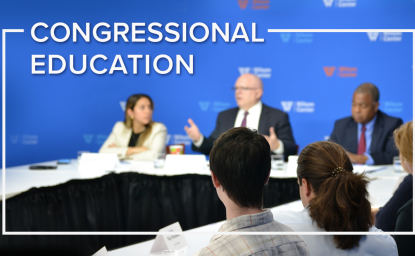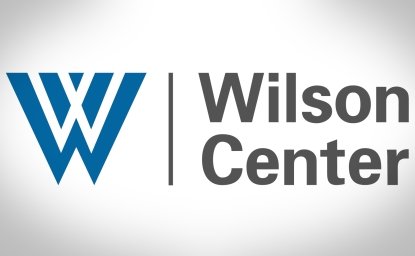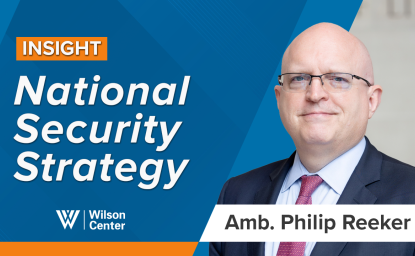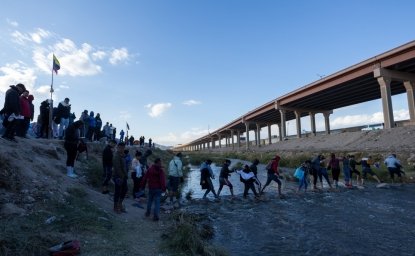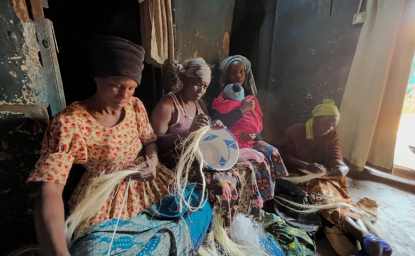The Latest
Held during the Doha Forum 2022 Transforming for a New Era, Ambassador Mark Green led a panel discussion titled The Global Displacement Crisis: Beyond Humanitarianism.
Panelists included H.E. Ayman Al Safadi, Minister of Foreign Affairs, Jordan; H.E. Notis Mitarachi, Minister of Migration and Asylum, Greece; H.E. Filippo Grandi, High Commissioner, United Nations High Commissioner for Refugees; and Alyse Nelson, President, Vital Voices.
Selected Quotes
Ambassador Mark Green:
“84 million people are displaced and that’s before we take into account Ukraine. I think we all recognize that the humanitarian needs for those who are displaced are unprecedented: emergency shelter, medicine, and food. My friend David Beasley, at the World Food Program, likes to refer to biblical levels of need. But you know in some ways, that’s the easy part, the humanitarian assistance. This is a generous world and we are a generous people and I do believe that we will come through and meet those obligations but what worries me even more is that in the last two years, one million children were born displaced, they’re growing up displaced, and the long-term needs for children and women in particular—the vulnerabilities—we’re at risk of losing an entire generation.
“Filippo made a reference to ODA… that’s Official Development Assistance, and it’s important because there is a real concern, I think, that humanitarian assistance, which is vitally important right now, will begin to cannibalize ODA. And I think what we’re hearing is, it is crucial to retain that development, those development tools, so that for the long-term displacement, and the communities around them, you continue to focus on development, have a vibrant economy, so that people are not wards of the state—that this doesn’t become a perpetual condition.”
Filippo Grandi:
“Besides the humanitarian challenges, the uncertainty about the future we are very much afraid now that the world of attrition may substitute the very rapid invasion that we have seen in the past few weeks. And that comes with a lot of humanitarian challenges, but we’re also looking at other places and we’re looking at ODA (Official Development Assistance) being… impacted because of the colossal resources that are being poured in by Western donors—in particular—to respond to the crisis. And, lowering the guard in all the other crises would be catastrophic. Be it, the Syria response that we have been handling… Afghanistan, where I was just a few days ago, and the list is very, very long.”
Alyse Nelson:
“I think in terms of the situation in Afghanistan, all of us know that it is one of the worst humanitarian crises on record and anytime there is a crisis—humanitarian or otherwise—women and children, women in particular, are always the greatest victims. We have actually seen a five-fold rise in extreme forms of gender-based violence. Obviously domestic violence is very high, because every time in those communities where people have been evacuated—and those still in the country—every time you’re in limbo, this creates instability, and often times instability leads to domestic violence… I think… Vital Voices is not an organization that does humanitarian evacuations, and I think in so many ways, what we saw with so many individuals and organizations stepping up… I think that is the future. Because in addition to that 94 million, we know that climate change and the crisis coming, that is going to raise that number exponentially.
H.E. Ayman Al Safadi:
“I think the Syrian refugees were already being forgotten, even before Ukraine...This is a global responsibility, and everyone has got to do their share. Unfortunately, over the past few years we have been seeing a very alarming decline, in both attention to the refugees’ issues and in terms of support being provided to refugees and to host communities… Now, with the Ukrainian crisis, I think that we are already just making a bad situation even worse. The Ukrainian refugees’ issues is going to put further stress on the already stressed resources of international organizations. Everybody is trying to help and we in Jordan have declared that any Ukrainian that wants to come to Jordan will come without any visa limitations and are welcome to stay. Our policy in Jordan, from the get-go, is that we need to provide refugees with a dignified life because ultimately, they are on their own. Investing in their education and their livelihood is investing our collective security.”
H.E. Notis Mitarachi:
“It’s a positive development for the European Union, I’m proud as a member of the council, that we voted on the 4th of March to activate the 2001 directive, that has never been used before. It allows citizens of Ukraine, the families, and recognized refugees in Ukraine, to arrive visa free in any European Union country. Being granted automatically a 12-month work permit, which will probably be renewed for 12 more months; given access to housing; food, if needed; and to the job market, of course, access to medical care. This is open to all Ukrainians. We have abolished internal borders within the European Union, borders that were created 30 years ago with the Dublin regulation, that prevents other refugees from moving from one country to another. And I think that the High Commission raised a very interesting point that we have a double standard here. And that’s something that the EU needs to talk about.”
Moderator


Middle East Program
The Wilson Center’s Middle East Program serves as a crucial resource for the policymaking community and beyond, providing analyses and research that helps inform US foreign policymaking, stimulates public debate, and expands knowledge about issues in the wider Middle East and North Africa (MENA) region. Read more

